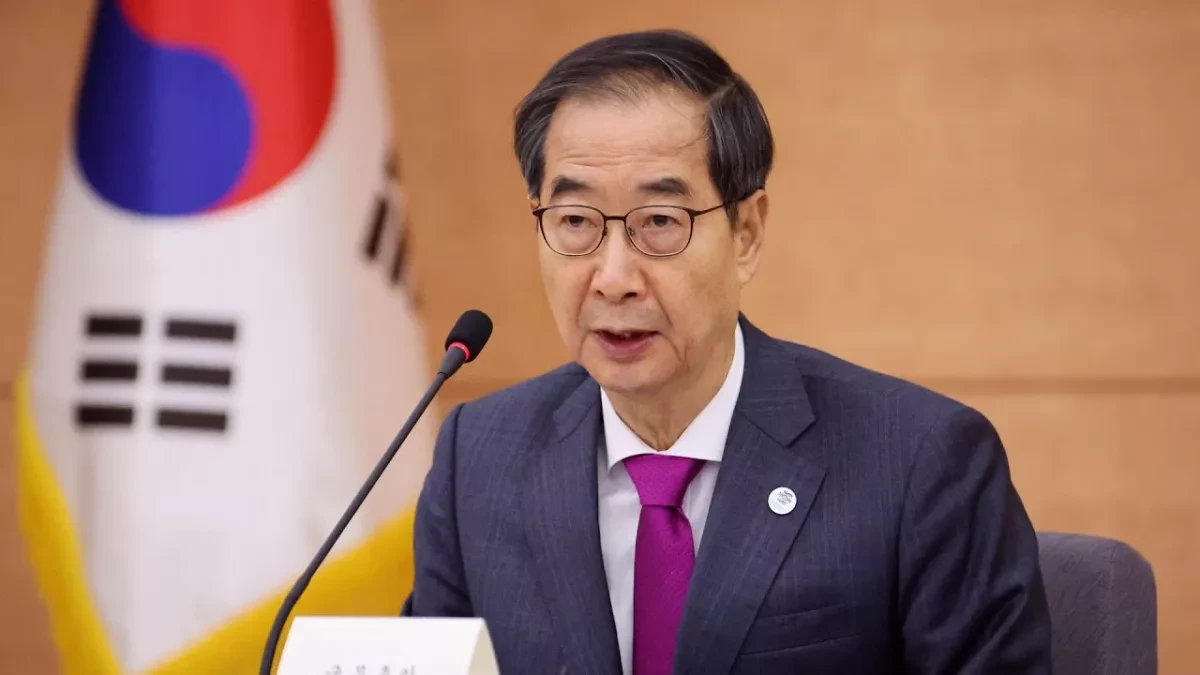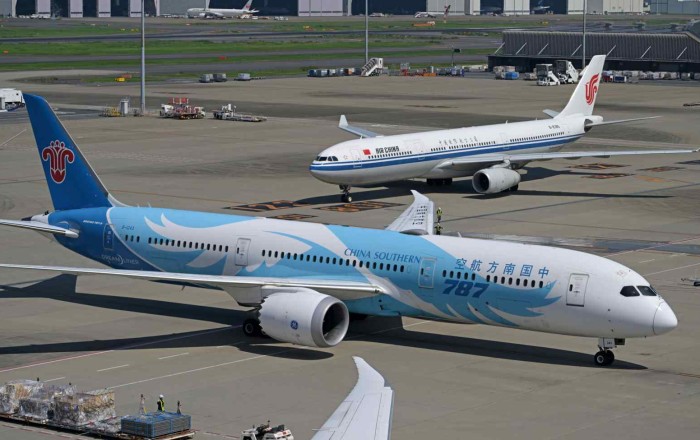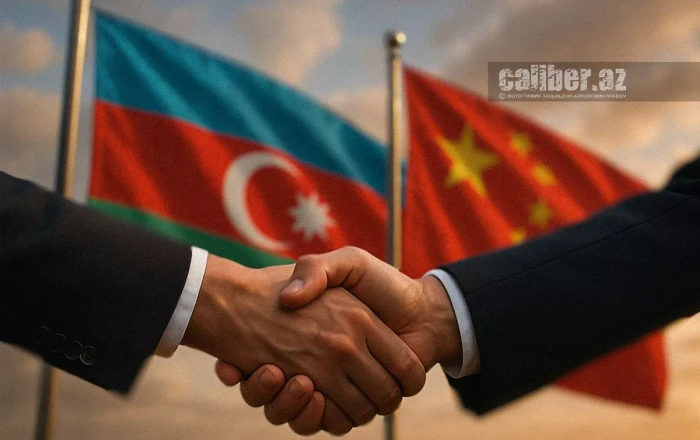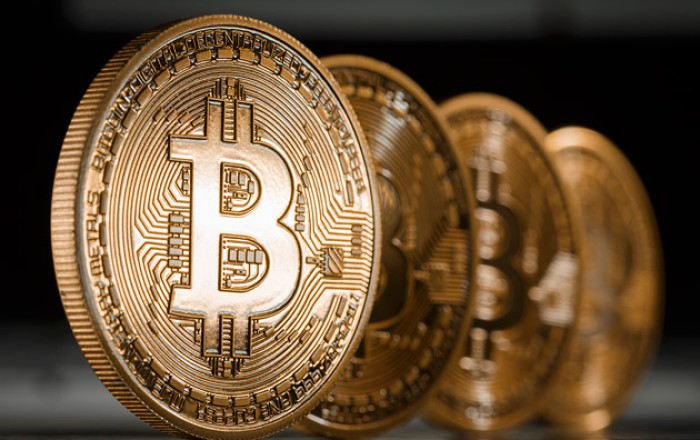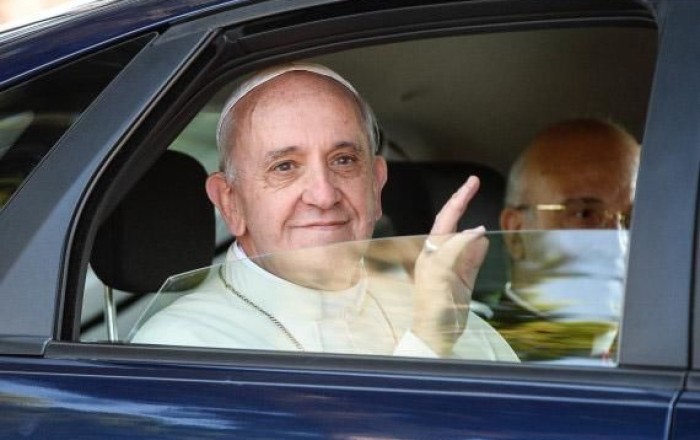South Korea will not fight back against newly imposed U.S. tariffs, its acting president Han Duck-soo has said, pointing to Seoul’s deep historical ties and debt of gratitude to Washington as trade talks with the Trump administration are set to begin next week.
Speaking to the Financial Times, Han – a veteran technocrat currently serving as acting president following the constitutional court’s removal of President Yoon Suk Yeol earlier this month – emphasized the United States’ longstanding role in shaping modern South Korea.
“After the devastation of the Korean war, the United States gave us aid, technology transfer, investments, and security assurances,” Han said. “Our industrial prowess and our financial development and our culture and growth and wealth are very heavily due to the help from the United States.”
Despite growing frustration in Seoul over a 25% “reciprocal” tariff announced this month by former President Donald Trump, Han made clear that South Korea would pursue a cooperative approach. The tariffs targeted a wide range of South Korean exports, including automobiles and key tech sectors, despite an existing free trade agreement between the two countries.
“We are not going to approach this with the mindset of retaliation,” Han said. “Rather, we will seek solutions that are more win-win for both, rather than taking their actions as the objective against which we should fight back.”
South Korean officials were particularly alarmed by the new levies on automakers Hyundai and Kia, as well as fresh threats to semiconductor and pharmaceutical exports under a U.S. national security probe. The measures come as South Korea’s trade surplus with the U.S. reached a record $55 billion in 2024, with America now overtaking China as Seoul’s largest export destination.
Han confirmed that South Korea is open to discussing measures to reduce the trade imbalance, including potential purchases of U.S. liquefied natural gas and commercial aircraft. He also pointed to possible collaboration in naval shipbuilding, which he said “may help the U.S. in strengthening their alliances.”
Washington has long expressed concerns over South Korean non-tariff barriers, including restrictions on American beef imports, network fees on U.S. content providers, and opaque pricing in the pharmaceutical sector. Han said Seoul was ready to address these issues as part of broader trade liberalization efforts that would ultimately benefit the Korean people.
“Some industries may suffer some problems,” he acknowledged, “but overall this will increase the welfare of the Korean people.”
Trump, who is linking trade negotiations to broader security issues, has also raised the prospect of increased payments from Seoul for U.S. military protection. Approximately 28,500 American troops are stationed in South Korea, a cornerstone of the alliance’s deterrence strategy against North Korea.
While there is no formal framework yet for renegotiating defense cost-sharing, Han signaled Seoul’s openness “depending on the issues,” to revisiting the agreement reached under the Biden administration last year.
However, questions are emerging over Han’s authority to conduct sweeping negotiations. Opposition leaders argue that any deal made now could constrain the policy of the next elected government. A snap presidential election is scheduled for early June, following President Yoon’s impeachment over an aborted attempt to impose martial law last year.
Han rejected concerns about his legitimacy, insisting that “there is no distinction between what acting presidents or elected presidents can do,” and that his mandate is grounded in the constitution.
By Khagan Isayev
Source: caliber.az


